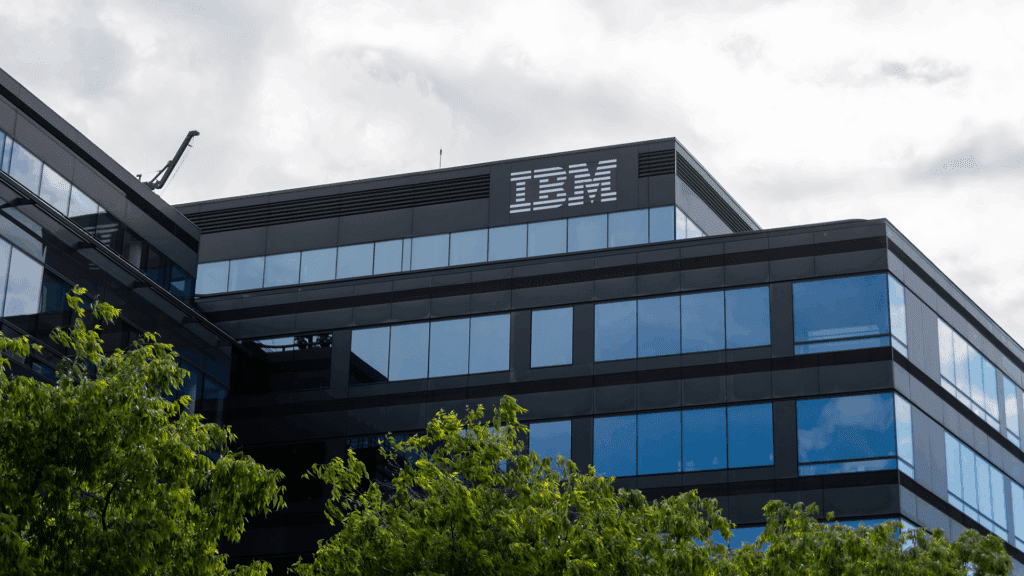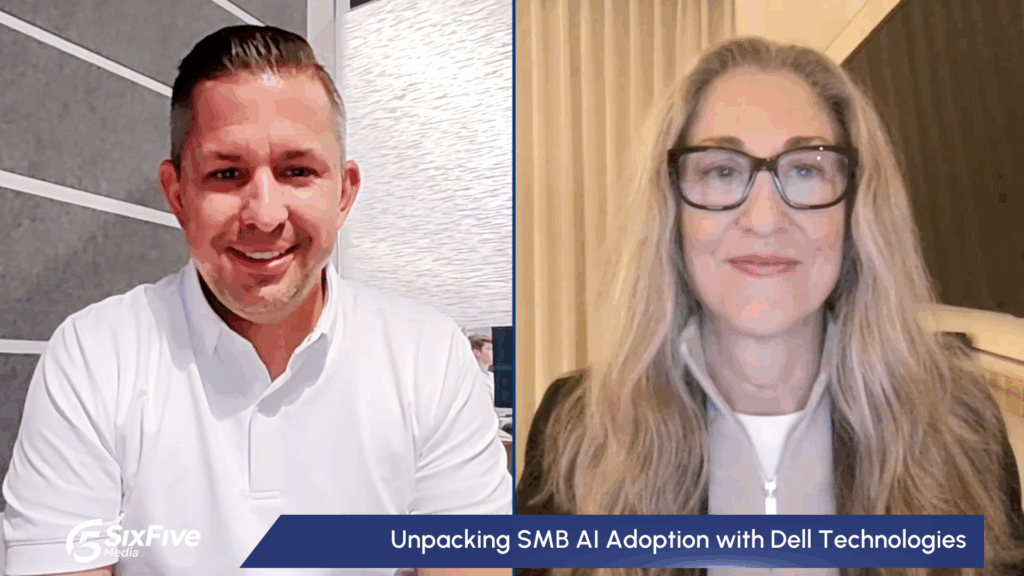The News: A new AI R&D lab, named Answer.AI, has been created by Jeremy Howard and Eric Ries. The lab is backed by $10 million in funding from Decibel VC and aims to distinguish itself from other AI organizations by focusing on creating practical AI applications from existing technology. More information can be found in the announcement blog post.
Answer.AI R&D Lab Aims to Bring Practical AI Products
Analyst Take: The newly created Answer.AI is an R&D lab focused on creating practical applications for AI technology. The lab was founded by Jeremey Howard, who was previously a cofounder of Fast.ai and the president and chief scientist at Kaggle, and Eric Ries, who previously created Lean Startup and the Long-Term Stock Exchange. The new lab has secured $10 million in funding from Decibel VC.
AI has garnered massive attention over the past year, and certainly Answer.AI is not the only organization partaking in AI-focused research. So then why is the launch of Answer.AI notable? In my opinion, there are two differentiating factors that can potentially set Answer.AI apart from the competition.
First, is the pedigree of the founders. Howard is a well-respected name in the world of data science and deep learning. Along with serving as the president and chief scientist at Kaggle, Howard is credited as a cofounder of the platform, and he previously achieved the #1 global rank on its machine learning (ML) leaderboard. He also founded Fast.ai, which led to the fastai software library, which simplifies training neural networks, and an incredibly popular and widely used course teaching the fundamentals of deep learning, called Practical Deep Learning for Coders. He also quite notably was one of the developers behind the Universal Language Model Fine Tuning (ULMFiT) algorithm for applying fine-tuning and transfer learning to natural language processing. While this list is all quite impressive, the point here is not just to give kudos to Howard. Rather, the list of accomplishments demonstrates a clear example of a leader and innovator within the realm of AI, as well as someone who has worked to bring greater accessibility and usefulness to AI technology. Howard is joined by Answer.AI cofounder Eric Ries. Ries brings along a practical approach to iterative development and a focus on governance. All of this experience will prove crucial in Answer.AI’s endeavor to unlock practical uses of AI.
The second item that stands out to me about Answer.AI is its overall approach to AI research. Howard claims that, “Answer.AI will figure out the fundamental research needed to tame AI, and the development path needed to make it useful in practice.” The key word here being useful. Answer.AI distinguishes itself from other AI research initiatives in that it is not focused on developing new models or creating artificial general intelligence; instead, it places its focus on taking models that already exist, and figuring out what practical applications can be built with them.
In Howard’s blog post, he call’s the endeavor “A new old kind of research lab,” referencing Thomas Edison’s Invention Lab, which would ultimately turn into General Electric. The similarity here being that Edison took a new tool—in his case, electricity—and applied research into how that tool could actually be applied to useful solutions and products (spoiler: turns out there were a lot of them). Answer.AI inspires to take a similar approach, taking existing AI technology and undergoing an iterative development process to find how the technology can actually be harnessed in meaningful ways for end users.
To me, this approach is exactly what AI needs. There is plenty of research out there looking to advance the technical capabilities of AI—which, of course, will also prove valuable—but not enough research into what we can actually do with the technology. Its clear that AI represents revolutionary potential, maybe almost as much as the electricity Edison was experimenting with. Yet despite significant progress in developing new AI models and technology, what is missing is a clear understanding of what the technology is best used for.
In its own launch announcement, Answer.AI is quick to make the humbling confession that it “doesn’t really know what [they’re] doing”. This statement is clearly not a confession of technical incompetence (see the founders’ track records mentioned earlier); instead, it is a realistic approach to the state of AI. No one knows exactly what to do with the technology or exactly what the future will bring. Instead, Answer.AI looks to take an agile, iterative approach to R&D, using the existing technological advancements to figure out answers to these questions. To me, this method is exactly the right approach for working with a new, disruptive technology—move quickly, fail often, and iterate on what you have learned. The new Answer.AI R&D lab brings together both the experience and the approach that could ultimately unlock the potential of AI technology, and while it may not end up being the next General Electric, it will certainly be something to keep an eye on as it gets going.
Disclosure: The Futurum Group is a research and advisory firm that engages or has engaged in research, analysis, and advisory services with many technology companies, including those mentioned in this article. The author does not hold any equity positions with any company mentioned in this article.
Analysis and opinions expressed herein are specific to the analyst individually and data and other information that might have been provided for validation, not those of The Futurum Group as a whole.
Other Insights from The Futurum Group:
2024 Trends and Predictions for Data Storage
UltiHash Receives $2.5 Million in Pre-Seed Funding
Author Information
Mitch comes to The Futurum Group through the acquisition of the Evaluator Group and is focused on the fast-paced and rapidly evolving areas of cloud computing and data storage. Mitch joined Evaluator Group in 2019 as a Research Associate covering numerous storage technologies and emerging IT trends.
With a passion for all things tech, Mitch brings deep technical knowledge and insight to The Futurum Group’s research by highlighting the latest in data center and information management solutions. Mitch’s coverage has spanned topics including primary and secondary storage, private and public clouds, networking fabrics, and more. With ever changing data technologies and rapidly emerging trends in today’s digital world, Mitch provides valuable insights into the IT landscape for enterprises, IT professionals, and technology enthusiasts alike.





